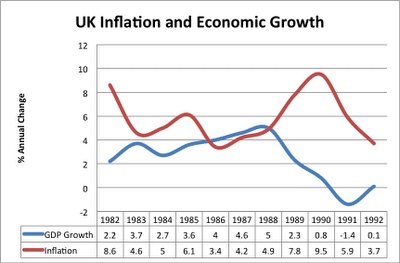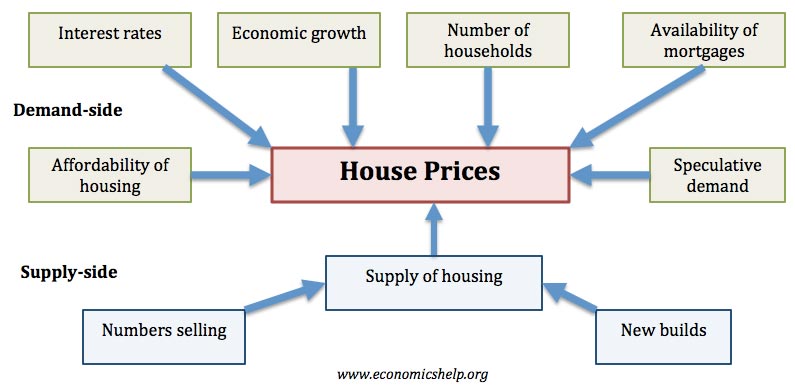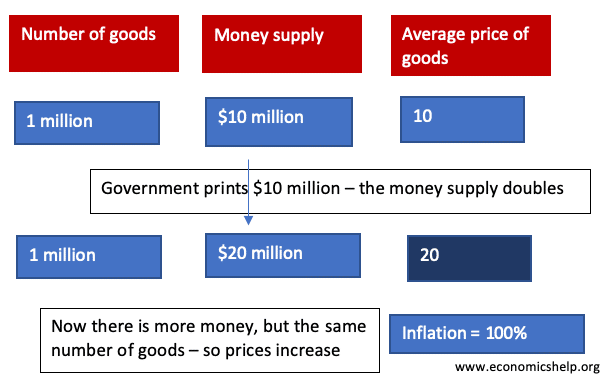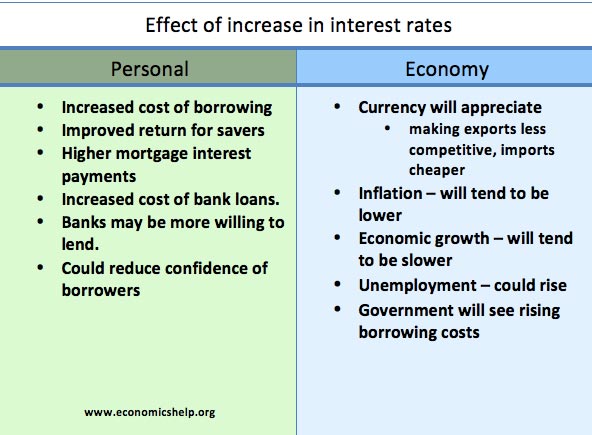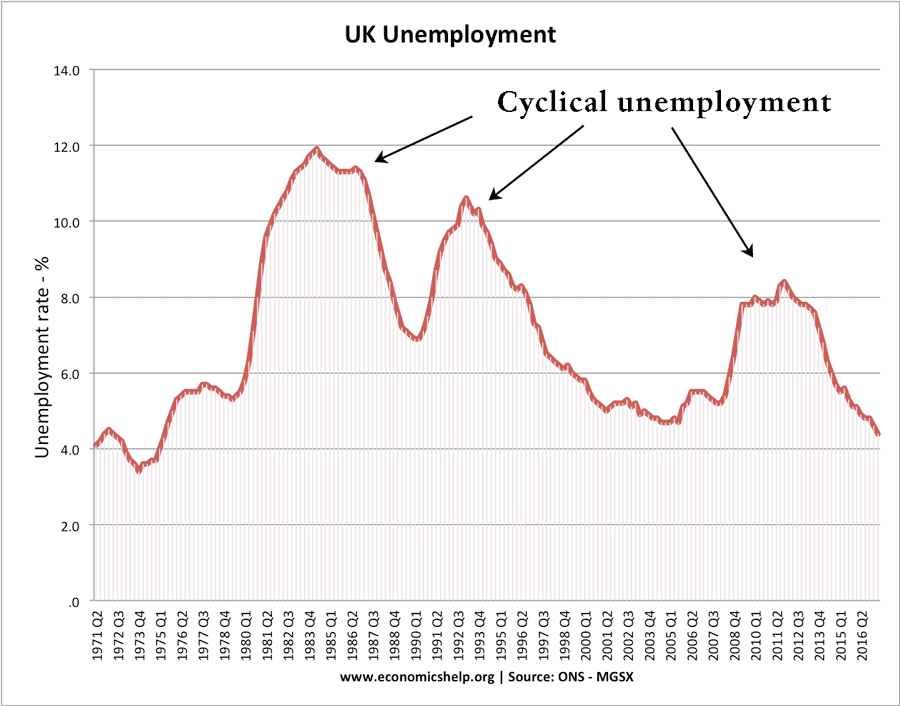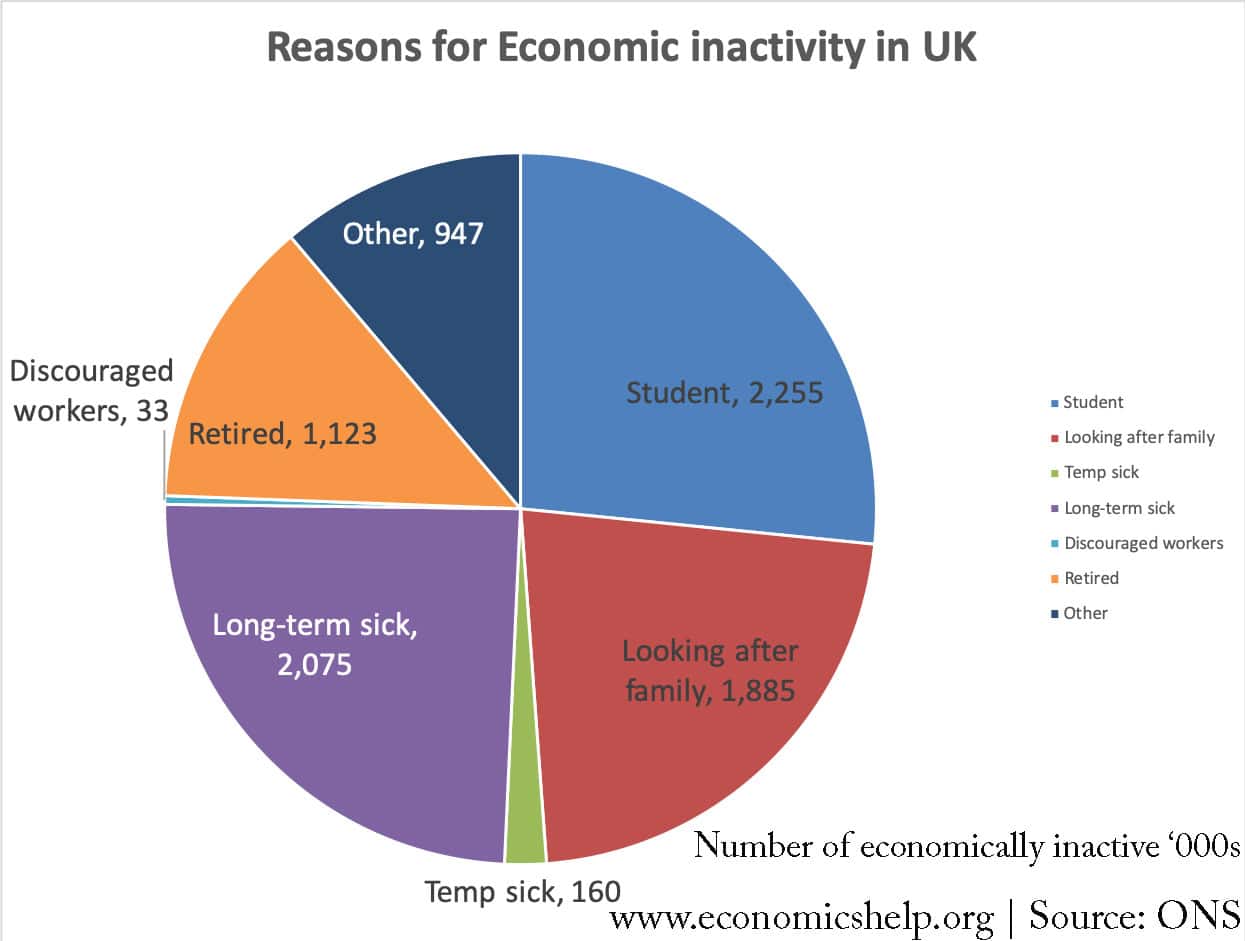Problems of Overvalued Exchange Rate
An overvalued exchange rate implies that a countries currency is too high for the state of the economy. An overvalued exchange rate means that the countries exports will be relatively expensive and imports cheaper. An overvalued exchange rate tends to depress domestic demand and encourage spending on imports. An overvalued exchange rate can also be …

